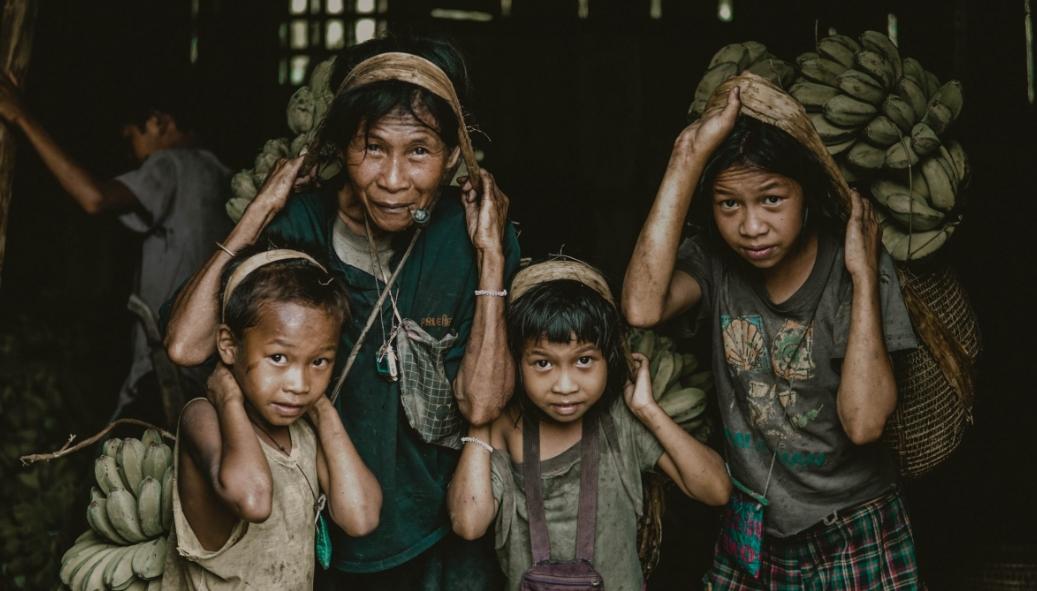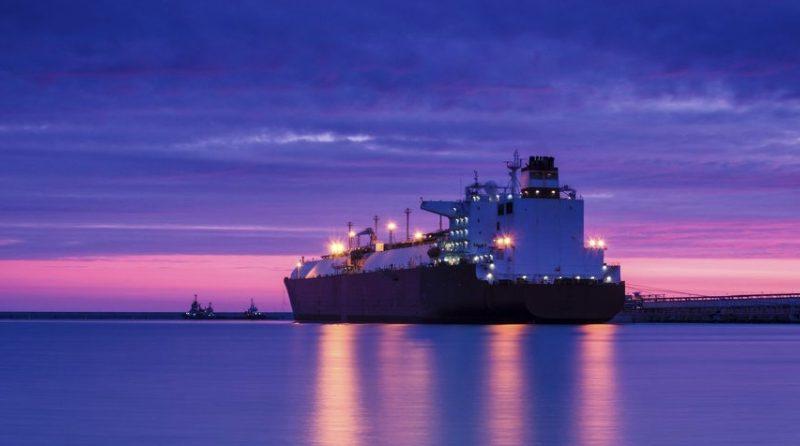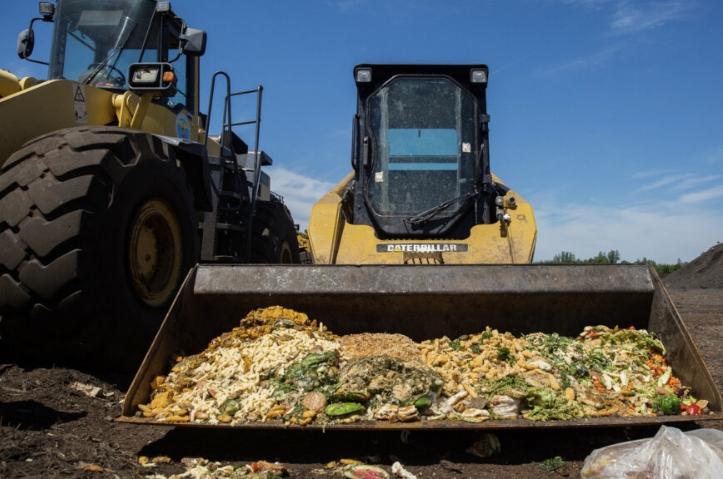On this day of the G20 Finance Ministers’ meeting, the former Minister of National Education, now France director of the NGO One, analyzes the denial of the rich countries which abandon 60% of the world’s population in the great poverty.
The new World Bank report released this October, just ahead of today’s G20 finance ministers’ meeting and annual meetings of the International Monetary Fund and the World Bank, takes stock particularly concerning about the effects of the pandemic on increasing poverty and inequality around the world. Its conclusions are a call to urgent action for our leaders.
If progress in poverty reduction had already stalled before the coronavirus crisis, the pandemic and the global recession that accompanied it pushed nearly 70 million people into extreme poverty in 2020. This is the largest increase ever recorded since we started measuring extreme poverty in the world in 1990. At the end of 2020, nearly 720 million people were surviving in this way in the world on less than 2.15 dollars a day. ! In one year, the global rate of extreme poverty has jumped to 9.3% of the world’s population in 2020, compared to 8.4% in 2019.
The Covid, accelerator of unprecedented inequalities
Poverty is not just about lack of income. It is lived, or rather suffered, more than it is measured. It results in the absence of sustainable livelihoods. It confronts millions of men, women and children with the greatest daily difficulties in meeting their basic needs. It is manifested by famine, malnutrition, limited access to education and basic services, social discrimination and exclusion from decision-making processes. One in six children today lives in extreme poverty. The persistence of this great poverty throughout the world is not just a statistic: it brings us back to what defines our common humanity.
The Covid has been an unprecedented accelerator of inequalities. The poorest populations have paid the heaviest economic price of the pandemic: income losses for the poorest 40% of the world’s population have been twice as great as for the richest 20%. The scattered responses of States and the lack of international solidarity have once again increased inequalities. While emergency fiscal measures have absorbed almost all of the poverty shock linked to the pandemic in rich countries, developing countries have had far fewer means at their disposal to deal with it.
This reality reflects a real acknowledgment of collective failure: the international community is already no longer in a position to eliminate extreme poverty in the world by 2030, the target date set by the General Assembly of United Nations as part of its Sustainable Development Goals adopted in 2015. At the current rate, the World Bank estimates that 7% of the world’s population will still live below the extreme poverty line in 2030.
Already weakened for three years by the pandemic from which they are still not recovered, the most fragile countries must also face the consequences of persistent conflicts. People living in fragile and conflict-affected economies made up about 10% of the world’s population, but nearly 40% of the world’s poor. They are also paying the high price of the war in Ukraine, Africa’s breadbasket, which exposes them to major risks of a food crisis.
A lack of political will
This report is a call to action. There is no inevitability in the fight against poverty, as the progress recorded in recent decades has shown. We have the tools to react and mitigate the impacts of these converging crises. What we lack is the political will to meet the challenges posed by the worsening of contemporary crises.
Without a new surge of solidarity with poor countries, starting with those in Africa, the delays accumulated in recent years in the fight against poverty will represent a major risk for the prosperity, stability and capacity of the world to face the challenges of the future, starting with those linked to the climate crisis.
As the World Bank points out, there is an urgent need to help poor countries catch up with their development delays, through massive investments in health and education systems, infrastructure, climate, sustainable agriculture, research and development, which condition their long-term growth and their ability to fight poverty. The commitment to pay 100 billion to the most vulnerable countries by reallocating the special drawing rights of the rich countries must therefore be kept. Nearly $60 billion has been pledged, nearly a year after the G20 collectively made the pledge. G20 countries should also adopt a clear roadmap to modernize the approach of multilateral development banks to capital adequacy.
The risks of over-indebtedness
The implementation of the expert group’s proposals in this area could alone free up 500 to 1,000 billion dollars of new lending capacity, without jeopardizing the financial health of these banks. Finally, it is essential to fight against the suffocation of fragile economies imposed by the weight of an external debt that has become unsustainable. For this, the G20 must improve the common framework on debt to avoid the wave of defaults which already threatens vulnerable countries. More than 60% of low-income countries are currently in debt distress or at high risk of debt distress. When debt servicing prevents investment, there is no opportunity for development.
If there is one lesson we can learn from the pandemic, it is that it is no longer possible to think about our well-being without worrying about living conditions on the other side of the world. International solidarity, like the fight against poverty and global inequality, can no longer be the extra soul of our own political choices. It is not about charity, but about justice. In this area, rich countries must now show seriousness and credibility in their commitments. Our hesitations and our renunciations today in the fight against poverty and inequalities will only aggravate the future cost of their care.



